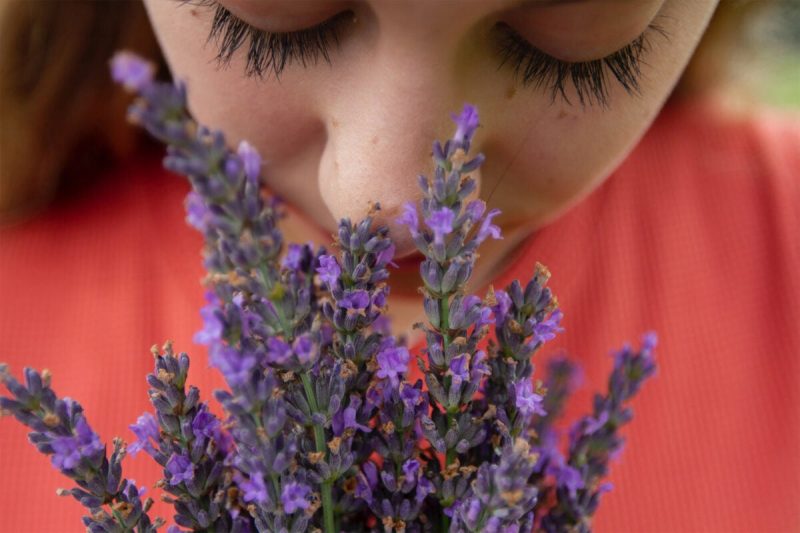Understanding the Loss of Smell in COVID-19 Patients
The loss of smell or anosmia has surfaced as a prevalent symptom in individuals infected with the novel coronavirus, causing COVID-19. While the virus primarily attacks the respiratory system, it is noteworthy that many patients experience a sudden and often unsettling loss of their sense of smell. This peculiar manifestation has led researchers and healthcare professionals to delve deeper into understanding the mechanism behind anosmia and its association with COVID-19.
Scientific researchers have noted that the loss of smell in coronavirus patients may not be directly linked to nasal congestion or a blockage in the nasal passages. Instead, the virus seems to impact the olfactory nerves responsible for detecting scents. The olfactory nerve cells are located in the upper part of the nasal cavity and are crucial for transmitting signals to the brain for scent recognition. When the virus interacts with these cells, it can lead to inflammation and damage, disrupting the normal functioning of the olfactory system.
Moreover, some studies suggest that the virus may enter the brain through the olfactory nerve pathway, triggering an immune response that results in the loss of smell. This neurological involvement highlights the complexity of COVID-19 and its potential to affect various organ systems beyond the respiratory tract. Understanding how the virus infiltrates the olfactory system could provide valuable insights for developing targeted treatments and preventive measures against anosmia in COVID-19 patients.
The sudden onset of anosmia, often without other respiratory symptoms, has raised concerns about the reliability of this symptom for early detection of COVID-19. As loss of smell can occur in the absence of other common symptoms like cough or fever, individuals experiencing anosmia should consider self-isolating and getting tested for the virus to prevent further spread in their community. Healthcare providers have also emphasized the importance of recognizing anosmia as a potential indicator of COVID-19, especially in asymptomatic carriers who may unknowingly transmit the virus to others.
Given the impact of anosmia on an individual’s quality of life, it is essential to address this symptom proactively in COVID-19 patients. Olfactory training, which involves smelling different scents to stimulate the regrowth of olfactory nerve cells, has shown promising results in some cases of post-viral anosmia. Patients experiencing prolonged loss of smell are encouraged to consult with an otolaryngologist for a comprehensive evaluation and personalized treatment plan tailored to their specific condition.
In conclusion, the loss of smell in COVID-19 patients serves as a unique hallmark of the disease, shedding light on the intricate ways in which the virus interacts with the human body. By unraveling the underlying mechanisms of anosmia in COVID-19, researchers aim to enhance our understanding of the virus and improve diagnostic and therapeutic strategies for affected individuals. Continued research in this area is crucial for mitigating the long-term effects of COVID-19 on the olfactory system and promoting better care for patients grappling with this challenging symptom.

